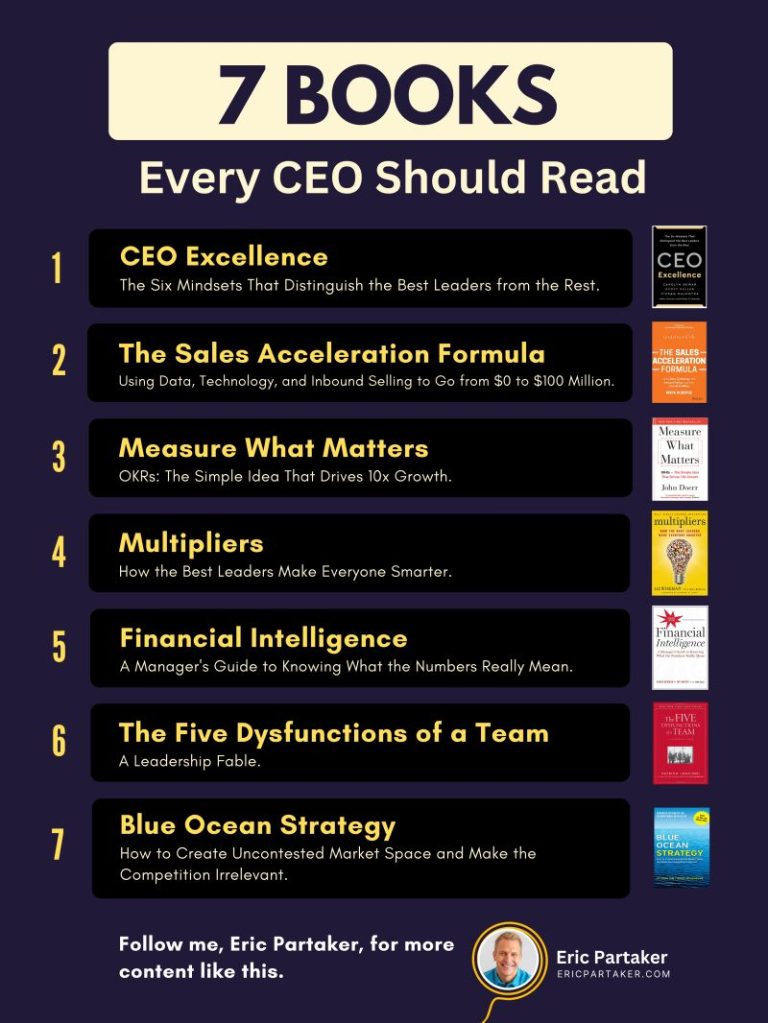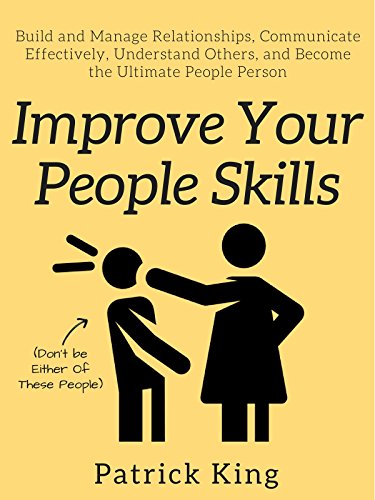How To Become An Event Manager
To become an event manager, gain relevant experience through internships or entry-level positions in the event planning industry. Then, expand your skills by obtaining a formal education in hospitality management, marketing, or public relations.
Welcome to the world of event management, where creativity meets organization and planning. If you have a passion for bringing people together and a knack for coordinating logistics, becoming an event manager might be the perfect career path for you.
Whether it’s overseeing corporate conferences, weddings, or music festivals, event managers are responsible for executing seamless and memorable experiences for attendees. We will explore the necessary steps to enter and thrive in this exciting field, from gaining practical experience to acquiring relevant education and building a professional network. So, let’s dive in and discover how to become an event manager.
1. Explore The Event Management Industry
Are you someone who thrives in a fast-paced, dynamic environment? Do you enjoy organizing and coordinating various activities? If so, a career as an event manager might be the perfect fit for you! Event management is a thriving industry that offers exciting opportunities for individuals who have a passion for bringing people together and creating unforgettable experiences. In this post, we will explore the event management industry and provide you with valuable insights to help you kickstart your journey as an event manager.
1.1 Research Different Types Of Events
As an event manager, it is essential to have a comprehensive understanding of the different types of events you may encounter. From corporate conferences to music festivals, each event requires unique planning and coordination. By researching and familiarizing yourself with the various types of events, you will gain a valuable perspective on the specific challenges and requirements associated with each. This knowledge will enable you to develop specialized skills and tailor your approach to meet the distinct needs of each event.
To get started, here are some popular types of events you can explore:
- Conferences and trade shows
- Weddings and private celebrations
- Networking and business events
- Sports tournaments and competitions
- Music festivals and concerts
- Charity fundraisers and galas
By delving into these different event categories, you will uncover the diverse range of opportunities that the event management industry has to offer.
1.2 Understand The Role Of An Event Manager
To excel as an event manager, it is crucial to thoroughly understand the responsibilities and expectations that come with the role. Event managers are the masterminds behind every successful event, from conception to execution. They are responsible for handling all aspects of event planning, including budgeting, venue selection, vendor management, marketing, and logistics.
As an event manager, you must possess exceptional organizational and time management skills. You should be able to multitask efficiently, prioritize tasks effectively, and meet tight deadlines, all while maintaining a keen attention to detail. In addition to these qualities, strong communication and interpersonal skills are also vital for building relationships with clients, vendors, and team members.
By fully understanding the role of an event manager, you will be better equipped to assess whether it aligns with your interests, skillset, and career aspirations.
2. Develop Essential Skills And Qualities
To become a successful event manager, it is essential to develop a set of skills and qualities that are vital for this role. These skills will allow you to thrive in managing and organizing events, ensuring that everything runs smoothly from start to finish. Below are the key skills and qualities you need to focus on:
2.1 Communication And Interpersonal Skills
Effective communication and strong interpersonal skills are crucial for an event manager. As an event manager, you will be working with various stakeholders, including clients, vendors, and team members. You must be able to clearly convey your ideas and expectations, actively listen to others, and build positive relationships. Developing these skills will ensure effective collaboration and seamless coordination throughout the event planning process.
2.2 Organization And Time Management
Being highly organized and proficient in time management is essential for an event manager. You will be juggling multiple tasks, deadlines, and logistics simultaneously. By staying organized and managing your time efficiently, you can effectively handle all aspects of event planning, such as budgeting, vendor negotiations, venue arrangements, and scheduling. Strong organizational and time management skills will guarantee that no detail is overlooked and that everything runs according to the planned timeline.
2.3 Problem-solving And Decision-making
Events can be unpredictable, and challenges may arise unexpectedly. As an event manager, you need to possess excellent problem-solving and decision-making skills to tackle any obstacles that come your way. Your ability to think quickly, analyze situations, and come up with creative solutions will be instrumental in ensuring the success of the event. By honing these skills, you will be able to navigate through any challenges that may arise and make informed decisions that keep the event on track.
2.4 Attention To Detail
Paying attention to detail is crucial in event management. From managing guest lists to coordinating logistics, even the smallest oversight can have a significant impact on the success of the event. Developing a keen eye for detail will help you spot potential issues before they become problems and ensure that every aspect of the event is meticulously planned and executed.
2.5 Creativity And Innovation
To stand out as an event manager, you need to bring a fresh and innovative approach to your events. Creativity is essential in designing unique experiences that leave a lasting impression on attendees. Whether it’s coming up with innovative event concepts, incorporating interactive elements, or implementing creative marketing strategies, thinking outside the box will set your events apart from the competition. Cultivating your creativity and embracing innovation will allow you to create extraordinary experiences that exceed expectations.
3. Gain Relevant Education And Training
To become a successful event manager, it is crucial to gain relevant education and training in the field. This will not only provide you with in-depth knowledge about the industry but also equip you with the necessary skills to excel in this fast-paced and dynamic profession. Here are some ways you can gain the education and training you need:
3.1 Pursue A Degree Or Certification In Event Management
One of the best ways to kick-start your career as an event manager is by pursuing a degree or certification in event management. This formal education will provide you with a solid foundation in the principles and practices of event planning and management.
When choosing a program, look for accredited institutions that offer comprehensive courses in event management. These programs often cover a wide range of topics, including event planning, budgeting, marketing, logistics, and more. By enrolling in such a program, you will acquire the knowledge and skills needed to plan, organize, and execute successful events.
3.2 Participate In Workshops And Courses
While a degree or certification can provide you with a strong foundation, it is equally important to stay updated with the latest trends and techniques in the event management industry. Participating in workshops and courses can help you enhance your skills and expand your knowledge.
Look for specialized workshops and courses that focus on specific aspects of event management, such as event marketing, vendor management, or technical production. These short-term programs are often conducted by industry experts and provide valuable insights and practical tips that can elevate your event management expertise.
3.3 Seek Internship And Practical Experience
To truly master the art of event management, practical experience is essential. Internships offer an excellent opportunity to gain hands-on experience in the field while working alongside seasoned professionals.
Seek out internships with event management companies, wedding planners, or corporate event teams. These experiences will not only allow you to apply your theoretical knowledge in real-life scenarios but also help you build a strong network of industry contacts.
Additionally, consider volunteering for local events or assisting event managers during community gatherings. These practical experiences will not only enhance your skills but also demonstrate your commitment and passion for the field.

Credit: www.howtobecome.com
4. Build A Strong Network
Building a strong network is essential for becoming a successful event manager. By connecting with industry professionals and attending conferences and events, you can gain valuable insights, learn from others’ experiences, and establish meaningful connections. Joining professional associations and organizations also allows you to expand your network and stay updated with the latest trends and advancements in the field. Connecting with other event professionals further enhances your networking opportunities. In this section, we will explore three effective ways to build a strong network as an event manager.
4.1 Attend Industry Events And Conferences
Attending industry events and conferences is a great way to meet fellow event managers, industry experts, and potential clients. These events provide valuable networking opportunities, where you can exchange ideas, share experiences, and learn from others. You can also attend panel discussions, workshops, and seminars, gaining insights into the latest industry trends and best practices. By actively engaging in these events, you can build a strong network that can help support and enhance your career as an event manager.
4.2 Join Professional Associations And Organizations
Joining professional associations and organizations related to event management is another effective way to build your network. These associations bring together like-minded professionals who share a common interest in the events industry. By becoming a member, you gain access to exclusive resources, job boards, and networking events. Engaging with these associations allows you to establish connections with industry leaders, gain credibility, and stay updated with the industry’s latest developments. It is an excellent platform to meet potential mentors, collaborators, and clients.
4.3 Connect With Other Event Professionals
Connecting with other event professionals is crucial for building a strong network. Engage with your peers and colleagues through social media platforms, online forums, and industry-specific communities. Participate in discussions, share your insights, and seek advice from experienced professionals. By actively connecting with other event managers, you can expand your network, exchange valuable information, and potentially collaborate on future projects. These connections can open doors to new opportunities and help you establish yourself as a reputable event manager within the industry.
5. Gain Hands-on Experience And Start Planning Events
Now that you have a strong foundation in event management and have acquired essential skills through education and training, it’s time to gain some real-world experience and start planning events. This hands-on experience will not only enhance your knowledge and expertise but also provide you with valuable learning opportunities.
5.1 Volunteer For Event Planning Opportunities
Volunteering for event planning opportunities is an excellent way to dive into the world of event management and gain practical experience. Many organizations, charities, and community groups are constantly in need of assistance with event planning. By offering your services as a volunteer, you can familiarize yourself with various aspects of event management while making important connections within the industry.
This volunteering experience will expose you to different types of events, from small-scale gatherings to large conferences and fundraisers. You’ll have the chance to work alongside professionals and learn firsthand about event logistics, coordination, and problem-solving. It’s an incredible opportunity to get hands-on experience and refine your skills in a real event setting.
5.2 Assist And Shadow Experienced Event Managers
Another effective way to gain hands-on experience is by assisting and shadowing experienced event managers. Seek out opportunities to work with professionals who have been in the industry for a while and have a wealth of knowledge and expertise to share. Offer to assist them in planning and executing events, and take the opportunity to observe their strategies, decision-making processes, and effective communication methods.
By shadowing experienced event managers, you can learn the ins and outs of the profession, gain insights into event management best practices, and improve your problem-solving skills. Take note of how they handle challenges and overcome obstacles, and apply these lessons to your own event planning endeavors.
5.3 Plan And Execute Small-scale Events
Once you have some experience volunteering and shadowing, it’s time to take on the challenge of planning and executing your own small-scale events. These events can range from birthday parties and local community gatherings to workshops and corporate networking events.
Start by identifying your target audience and their specific needs and preferences. Create a detailed event plan, outlining all the necessary steps and components—from selecting a venue and managing budgets to coordinating vendors and marketing the event. Be sure to consider all aspects, including logistics, décor, catering, and entertainment.
When executing the event, pay close attention to every detail to ensure a smooth and successful experience for your attendees. Take note of any challenges that arise and use them as learning opportunities for future events. With each small-scale event you plan and execute, you’ll gain confidence, refine your skills, and build a portfolio of successful events.
5.4 Take On Increasingly Complex Events
As you grow in your event management journey, it’s essential to challenge yourself by taking on increasingly complex events. Gradually move towards planning larger conferences, multi-day festivals, or high-profile corporate events. These events typically pose more significant logistical challenges, require meticulous coordination, and demand a higher level of expertise.
To successfully plan and execute complex events, break down the process into manageable tasks and allocate resources effectively. Stay organized, maintain clear communication with all stakeholders, and be prepared to adapt to unforeseen circumstances.
Remember, your experience with smaller events and shadowing has equipped you with the necessary skills and knowledge to handle more complex challenges. The confidence you’ve gained through hands-on experience will enable you to tackle and deliver exceptional results for even the most demanding events.

Credit: blog.maestroconference.com

Credit: m.youtube.com
Frequently Asked Questions On How To Become An Event Manager
What Skills Do You Need To Become An Event Manager?
To become an event manager, you need excellent organizational skills, strong communication abilities, and a knack for multitasking.
Is A Degree Required To Be An Event Manager?
While a degree in event management can be beneficial, it is not always necessary to become an event manager. Relevant experience and skills are often more important.
How To Gain Experience As An Event Manager?
You can gain experience as an event manager by volunteering at events, interning with event planning companies, or starting small by organizing events for friends and family.
Conclusion
Becoming an Event Manager requires a combination of passion, skills, and experience. By gaining practical experience through internships and volunteering at events, honing your organizational and communication skills, and staying updated on industry trends, you can pave your way to a successful career as an Event Manager.
Remember, networking and building relationships within the industry is also crucial for advancing your career. With dedication and perseverance, you can thrive in this dynamic field and create memorable experiences for your clients.



